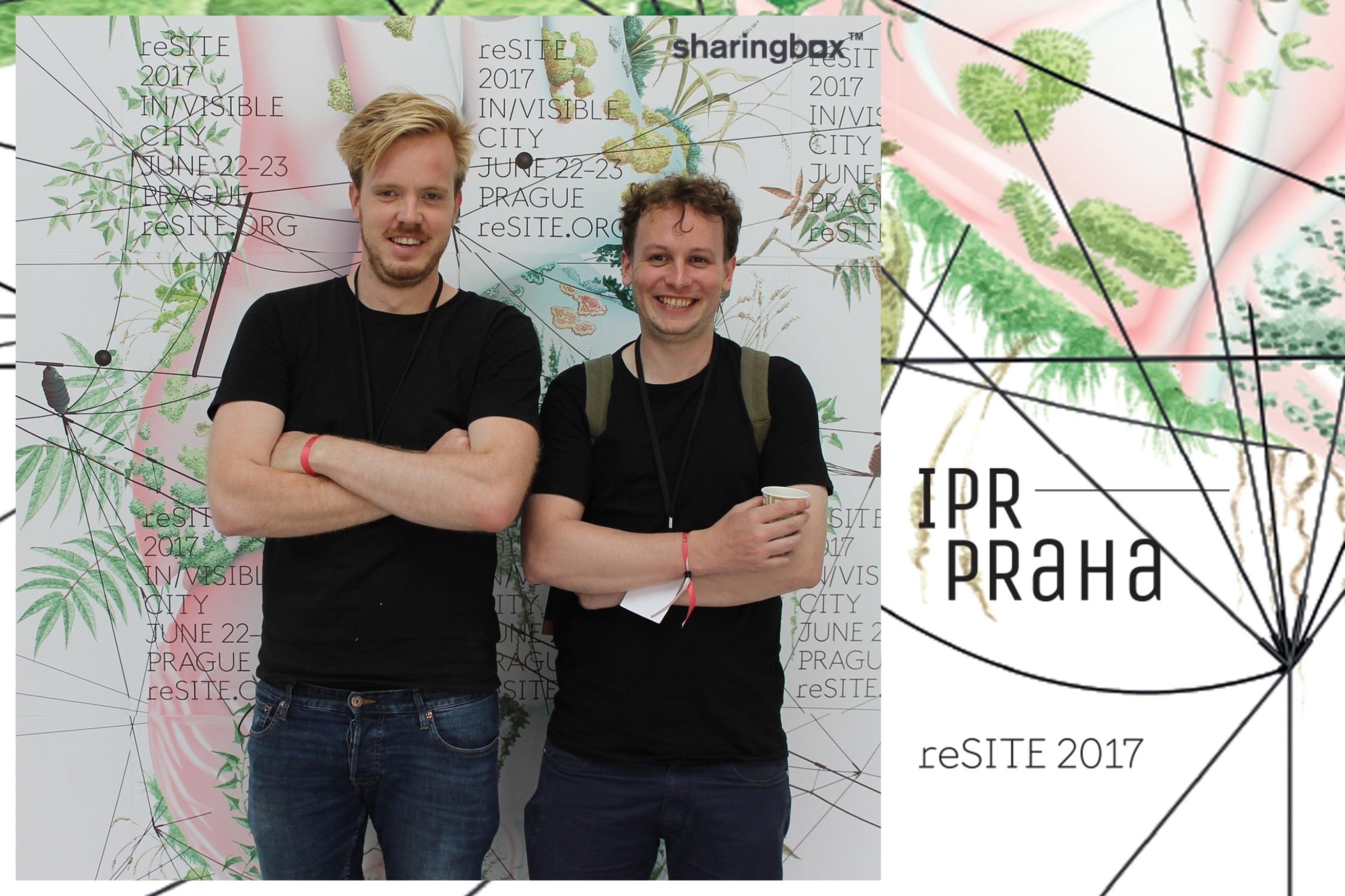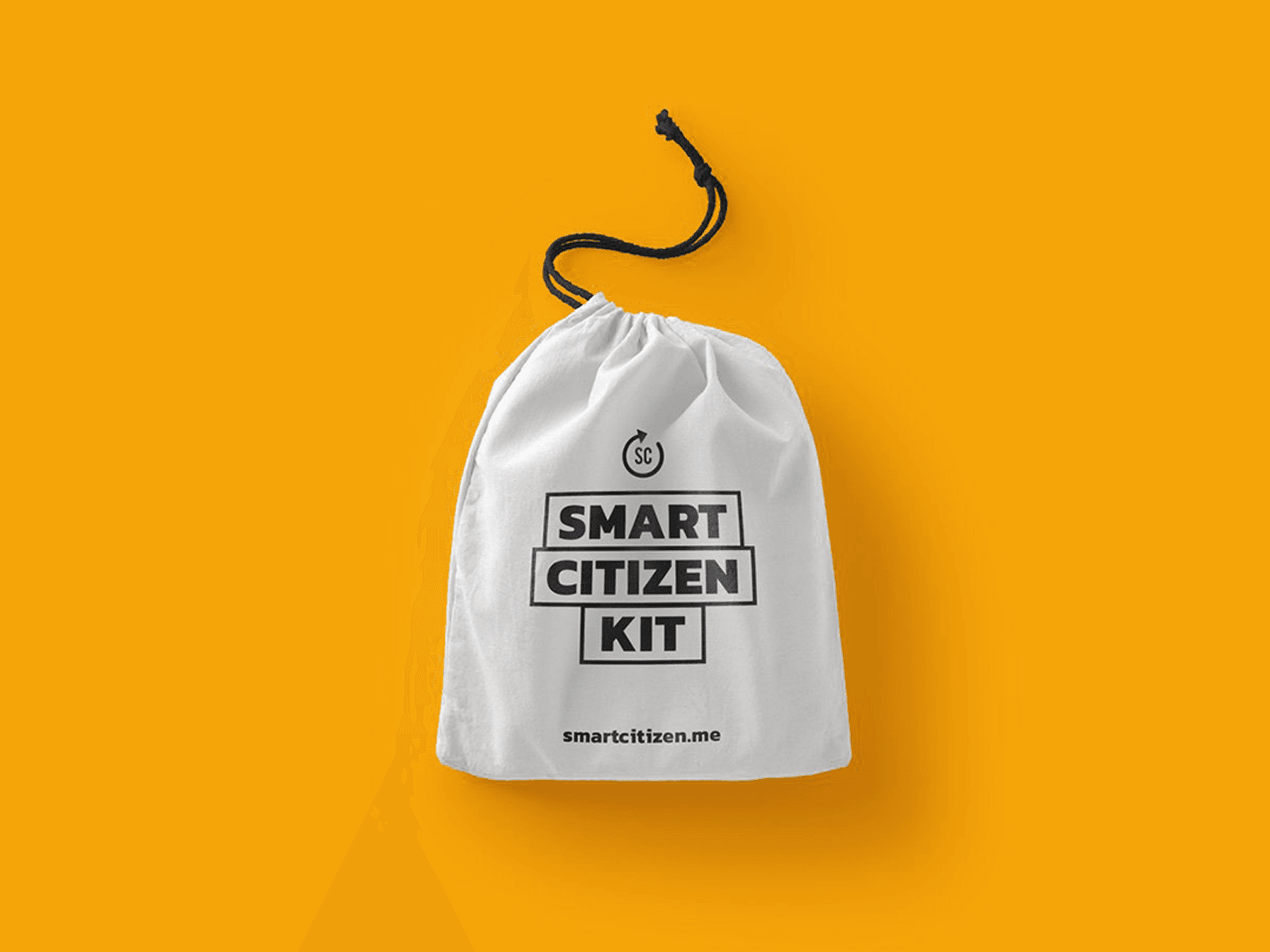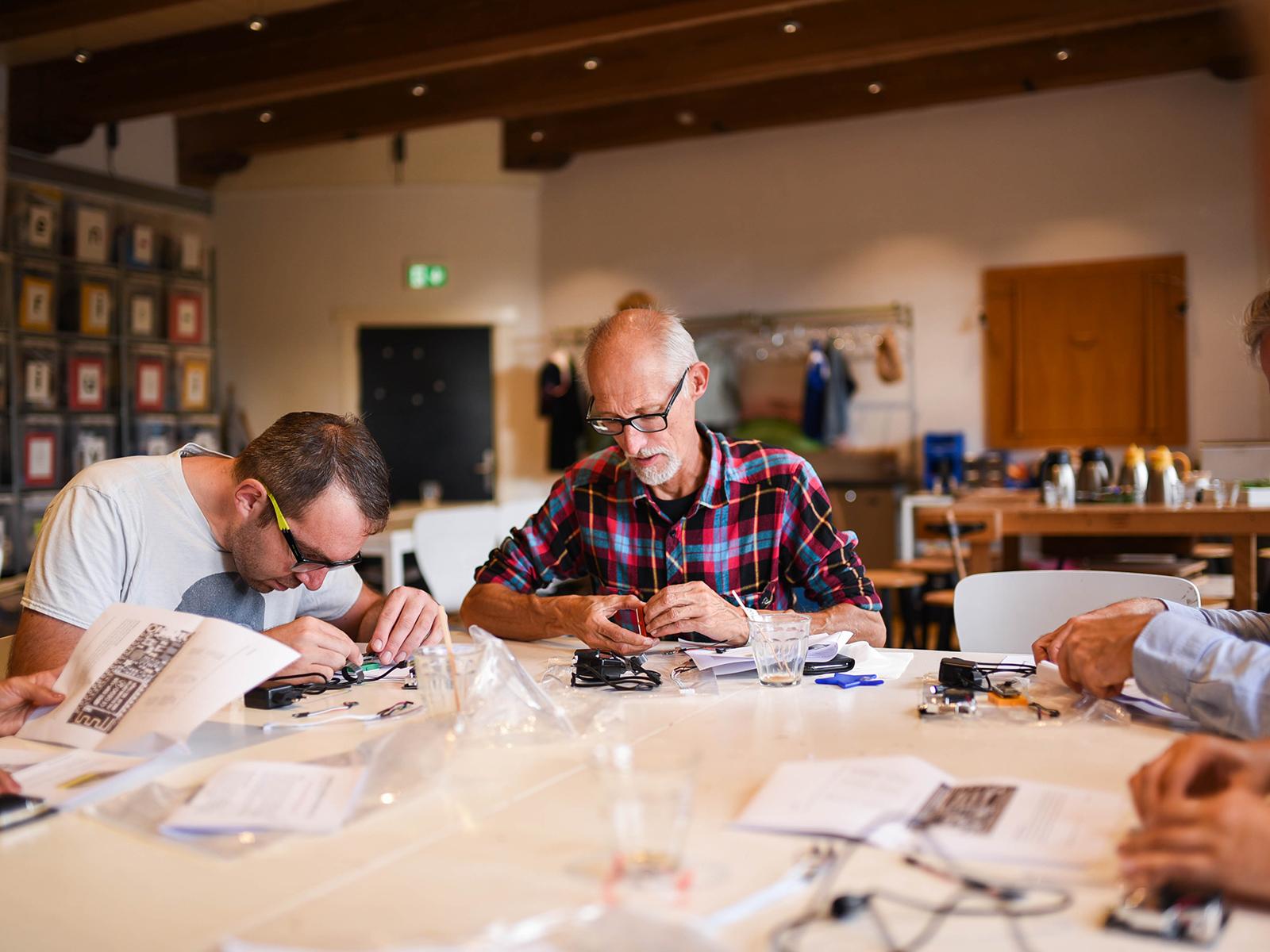At Waag we don’t encounter with architects that often. So the chance to visit REsite festival in Prague that discusses the future of the city with architects on stage, in the crowd and even future architects in the organization was a great opportunity.
REsite invited us to give a hands-on workshop on citizen science, a topic that Waag is working on for quite some time now, with the latest Making Sense and Do-It-Together-Science projects as the main activities in this domain. Making Sense looks for methods and open-source technology to empower communities in measuring their environment. And the Making Sense project was what we represented in Prague.

Prague, as many other European cities, is facing more and more environmental problems with the air- and water quality. So we took the water topic as a starting point to trigger the participants in building their own open-source webcam spectrophotometer that was developed for Waag's BioHack Academy. The idea of this DIY kit is that if you shine light through water and ‘break’ the light, this results in a certain spectrum. This spectrum changes when things like minerals or other colour absorbing materials are present in water. So we looked at water quality in Prague and compared many liquids: from our own collected water from the Vlatva river, to the national liquid of pilsner.
Like many other citizen science experiments, the result is sometimes hard to make sense of, but triggers a bigger discussion about the role of citizens in our future cities. This is also what happened in Prague. Questions like: "How to engage with citizens in designing the ‘smart city’", and "Why should we ask citizens to do this?" came up. Waag sees smart citizens as crucial in this future. In co-creation with many stakeholders we see that citizens bring an essential narrative to the discussion of the quality of living in our city. Hopefully this inspired some (future) architects to look more at combining bottom-up and community-driven initiatives with their city planning and designing of the public space.
The conference ended with an inspiring keynote from Teddy Cruz, American architect and professor at University of California, San Diego. Cruz is someone who sees the urge for community engagement in designing cities for the future. Because, as he claims: "wWe should rethink urban development from the bottom up, to change top-down policy." That message supports the smart citizen in co-designing the future of the city, and that’s something we warmly welcome!


